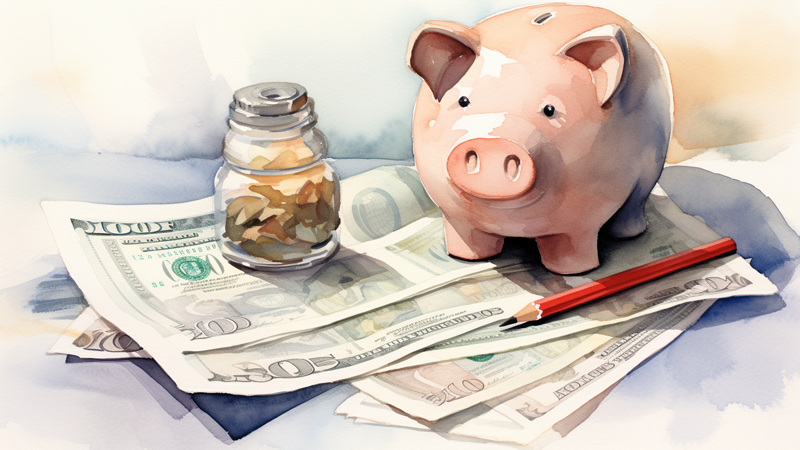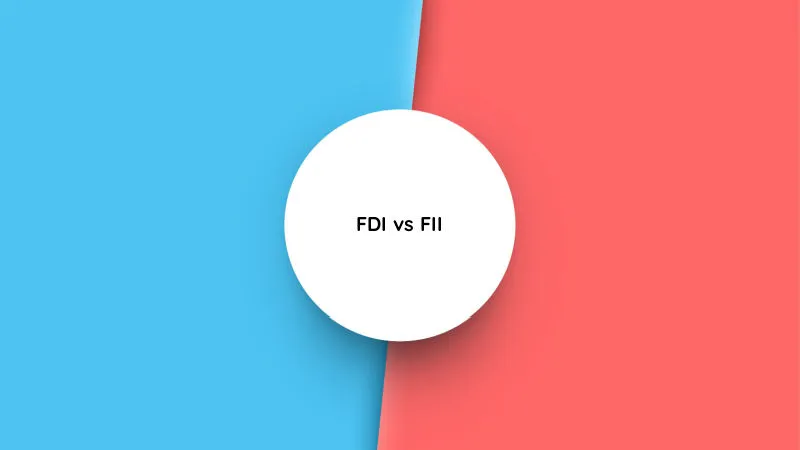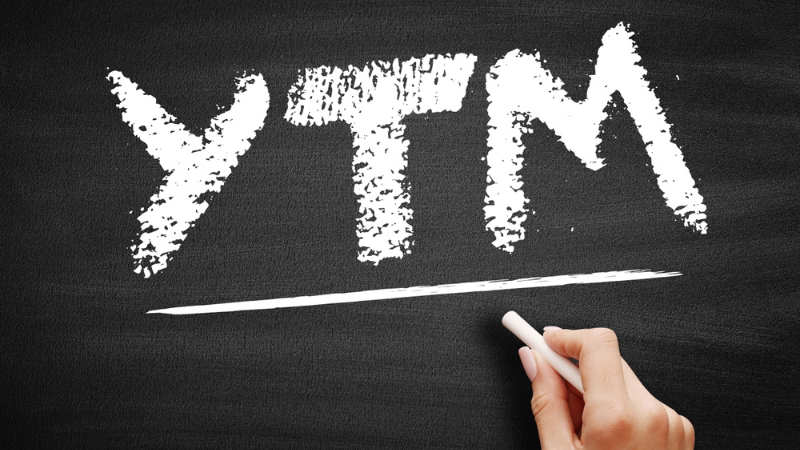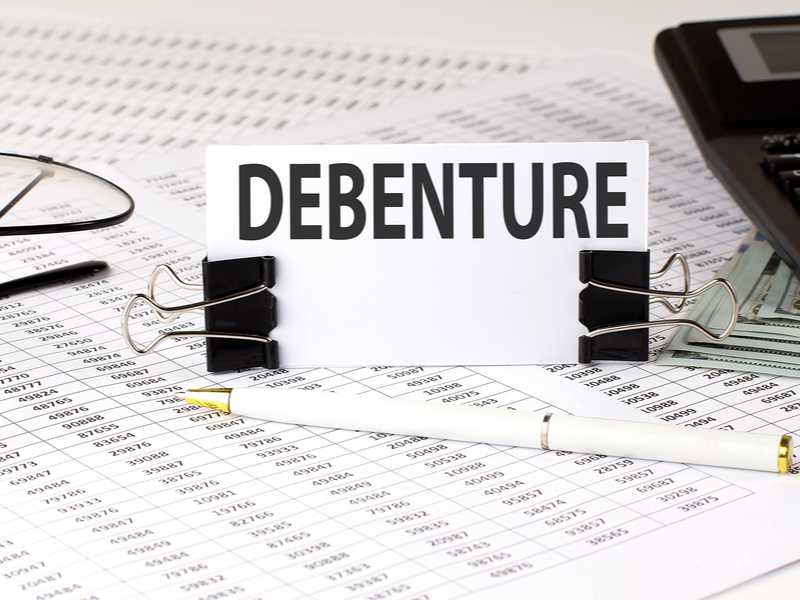
This is the age of favoring dynamic investment options like mutual funds, ETFs, Gold ETFs, etc. However, there is still a segment of investors that prefer to have bank FDs in their investment portfolio as a buffer or a hedge against market volatility. The interest rates on bank FDs are more or less stable and therefore are usually preferred by risk-averse investors. Here is the list of banks offering the highest FD interest in 2023.
Read More: Why do Indians prefer investing in fixed deposits?
What are Bank FDs and how are they taxed?
Bank Fixed Deposits have been traditional savings instruments that also offer tax benefits to investors. Bank FDs are very flexible savings instruments that have a tenure of 7 days to 10 years and have varied interest rates depending on the guidelines of the individual banks.
Senior citizens have the benefit of getting an additional interest rate on their Bank FDs. Bank pays the depositor a fixed interest rate on the amount deposited, which is usually higher than the rate paid on a regular savings account. FDs are considered a relatively safe investment option, as they are insured by the Deposit Insurance and Credit Guarantee Corporation (DICGC) of India up to Rs. 5,00,000.
Investing in bank fixed deposits (FDs) in India can provide tax benefits under Section 80C of the Income Tax Act. This section allows for a tax deduction of up to Rs. 1,50,000 on the amount invested in certain specified investments, including FDs with a lock-in period of at least 5 years. Additionally, the interest earned on FDs is taxable in the form of TDS under section 194A over and above the limit of Rs. 40,000 (Rs. 50,000 in the case of senior citizens).
Which banks offer high FD interest rates in 2023?
The interest rates offered by top banks in the country for general citizens (below the age of 60 years) and senior citizens above the age of 60 years as of January 2023 are as below
| Bank | Interest rate for general citizens | Interest rate for senior citizens |
| State Bank of India | 3.00% – 6.10% | 3.50% – 6.90% |
| HDFC Bank | 3.00% – 6.25% | 3.50% – 7.00% |
| ICICI Bank | 3.00% – 6.35% | 3.50% – 6.95% |
| Kotak Bank | 2.75% – 6.30% | 3.25% – 6.80% |
| Punjab National Bank | 3.50% – 6.10% | 4.00% – 6.60% |
| Bank of Baroda | 3.00% – 6.25% | 3.50% – 6.75% |
| Axis Bank | 3.50% – 6.50% | 3.50% – 7.25% |
| Canara Bank | 3.25% – 7.00% | 3.25% – 7.50% |
| Citibank | 1.85% – 3.50% | 2.35% – 7.25% |
| IDFC First Bank | 3.50% – 7.25% | 4.00% – 7.75% |
| IDBI Bank | 3.00% – 6.25% | 3.50% – 7.00% |
| Indian Bank | 2.80% – 6.30% | 3.30% – 6.80% |
| Indian Overseas Bank | 3.60% – 6.40% | 4.10% – 6.90% |
| PNB Housing Finance | 6.80% – 7.40% | 7.30% – 7.90% |
| AU Small Finance Bank | 3.75% – 7.75% | 4.25% – 8.25% |
| Jana Small Finance Bank | 3.75% – 7.85% | 4.70% – 8.80% |
| Union Bank of India | 3% – 7.30% | 3.5% – 7.80% |
| HSBC Bank | 2.85% – 7.00% | 3.35% – 7.50% |
What are the types of Bank FDs?
There are several types of fixed deposits (FDs) offered by banks in India, including
Regular FDs
These are the most common type of FDs and are available to both individuals and businesses. The deposit period can range from 7 days to 10 years, and the interest rate is usually higher than a regular savings account.
Tax Saving FDs
These FDs have a lock-in period of 5 years and are eligible for tax deductions under Section 80C of the Income Tax Act. The deposit amount and the interest earned are both tax-free.
Short-term FDs
These FDs have a shorter deposit period, usually ranging from 7 days to 1 year. They typically offer a lower interest rate than regular FDs.
Recurring FDs
A recurring deposit is a type of deposit where a fixed amount is deposited at regular intervals (usually monthly) for a fixed period of time. It is a popular option for individuals who want to save money on a regular basis.
NRE FDs
These FDs are for Non-Resident Indians (NRIs) and are denominated in Indian Rupees. Deposits can be made from funds held in NRE or FCNR accounts, and the interest earned is tax-free in India.
Senior Citizen FDs
Banks in India offer higher interest rates on fixed deposits to senior citizens (usually aged 60 or above) as a way to provide them with additional income.
Cumulative and Non-Cumulative FDs
In cumulative FD, the interest gets accumulated and paid out along with the principal at the time of maturity. In non-cumulative FD, the interest is paid out at regular intervals (monthly, quarterly, half-yearly, or annually) along with the principal.
Conclusion
Bank FD rates are subject to changes on quarterly or yearly basis or on account of changes in the repo rates in the country. The new year has brought revisions in the FD interest rates for many banks and NBFCs. Investors can revisit their investment portfolios to add Bank FDs depending on the investment tenure that matches their investment goals.
FAQs
The multiple benefits of investing in Bank FDs include having a stable source of income, liquidity of investment, tax benefits for investing in tax-saving FDs, the safety of corpus, facility to secure the loan against FD, the flexibility of tenure of investment, zero maintenance or active management of the FD, etc.
Some of the key limitations of investing in bank FDs include moderate returns, limited tax benefits, and a lock-in period for tax-savings Bank FDs.
Cumulative bank FDs offer the benefit of compounding the interest earned as it is reinvested in the FD, thereby providing better returns in the long term. The interest is paid one time at the maturity of the FD rather than on regular basis as in the case of non-cumulative Bank FDs. This makes cumulative bank FDs a more suitable investment option for salaried investors or investors with a stable source of income.
Yes. Banks and NBFCs offer separate interest rates for corporate Bank FDs and a flexible investment tenure which is between 1 year to 10 years depending on the guidelines of the bank.



























